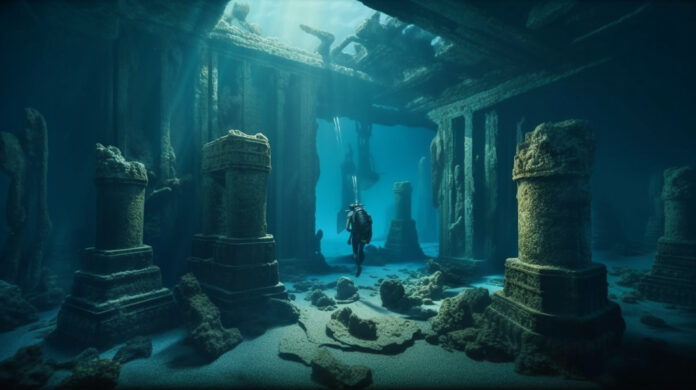Harnessing Magnetic Fields to Uncover Ancient Secrets
The Promise of Doggerland
Off the coast of the UK, an intriguing archaeological venture is underway. Researchers from the University of Bradford’s Faculty of Archaeology and Forensic Sciences are harnessing the power of magnetic fields to unravel the mysteries of long-lost civilizations that once thrived in the now-submerged region of Doggerland.
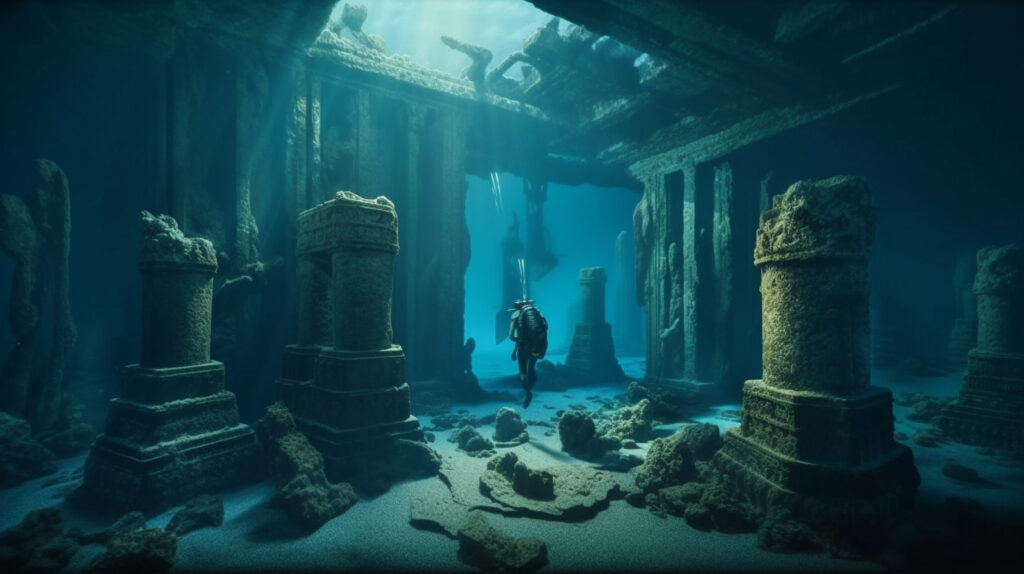
Doggerland, a vast expanse of land that once connected Britain to continental Europe, was a lush and diverse habitat teeming with life until it was inundated by rising sea levels over 8,000 years ago. This area, believed to have been home to some of the largest prehistoric settlements in Europe, holds immense archaeological promise.
Magnetometry: A Powerful Tool for Underwater Exploration
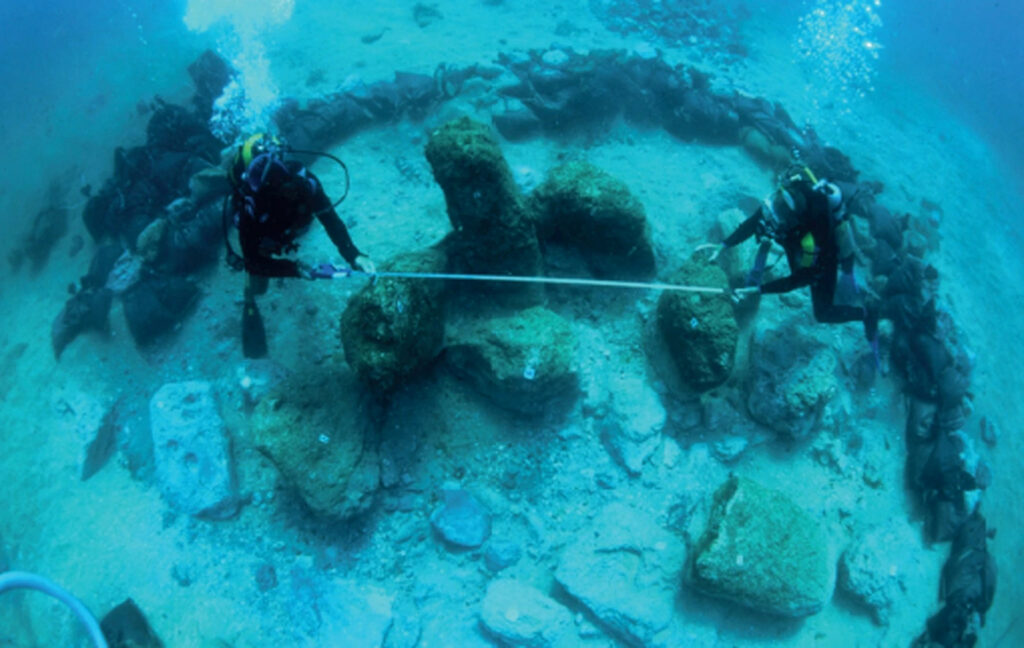
The team plans to meticulously analyze magnetometry data obtained from a section of the North Sea, searching for anomalies that could indicate the presence of ancient structures. Magnetometry, a technique that measures magnetic fields, has the potential to become a valuable tool in the quest to uncover lost underwater civilizations worldwide.
Uncovering Traces of Human Activity
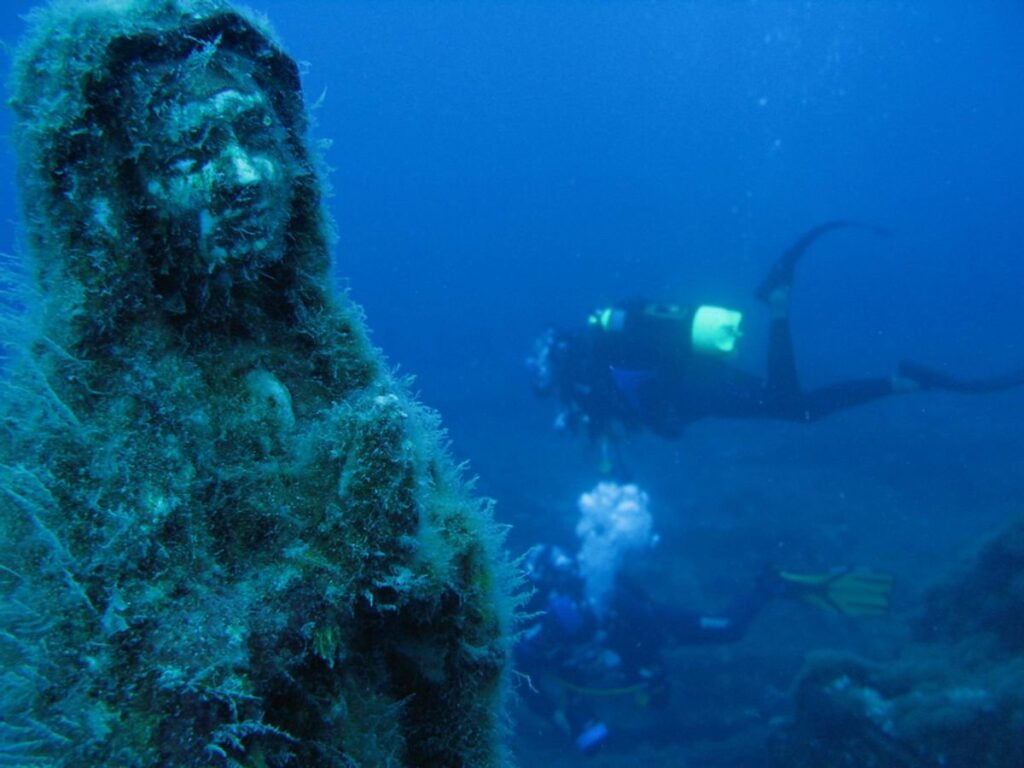
Despite the tantalizing prospect of what lies beneath the North Sea, little is known about the people and the civilization that once flourished in this region. However, archaeological finds, including mammoth bones, red deer antlers, hunting gear, stone tools, and even a Neanderthal skull, have fueled hopes of uncovering more profound insights into the lives of these ancient inhabitants.
Balancing Renewable Energy and Archaeological Preservation
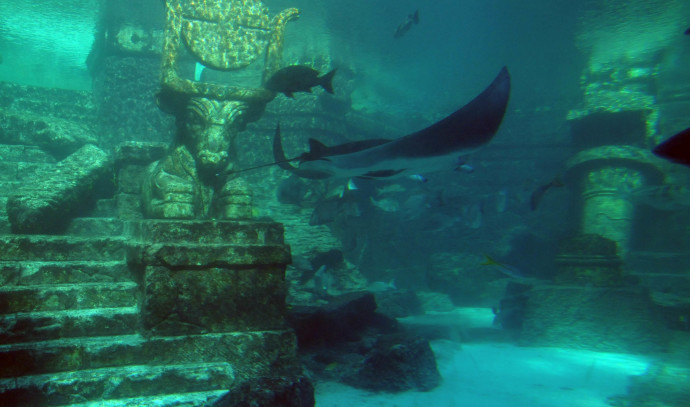
While the development of wind farms in the North Sea is helping Europe transition towards renewable energy sources, it also poses a risk to undiscovered archaeological sites. Exploring the underwater terrain beneath the North Sea has become one of the final frontiers for archaeology, and the rapid expansion of the North Sea as a source of renewable energy has made this endeavor even more pressing.
A Promising Future for Marine Archaeology
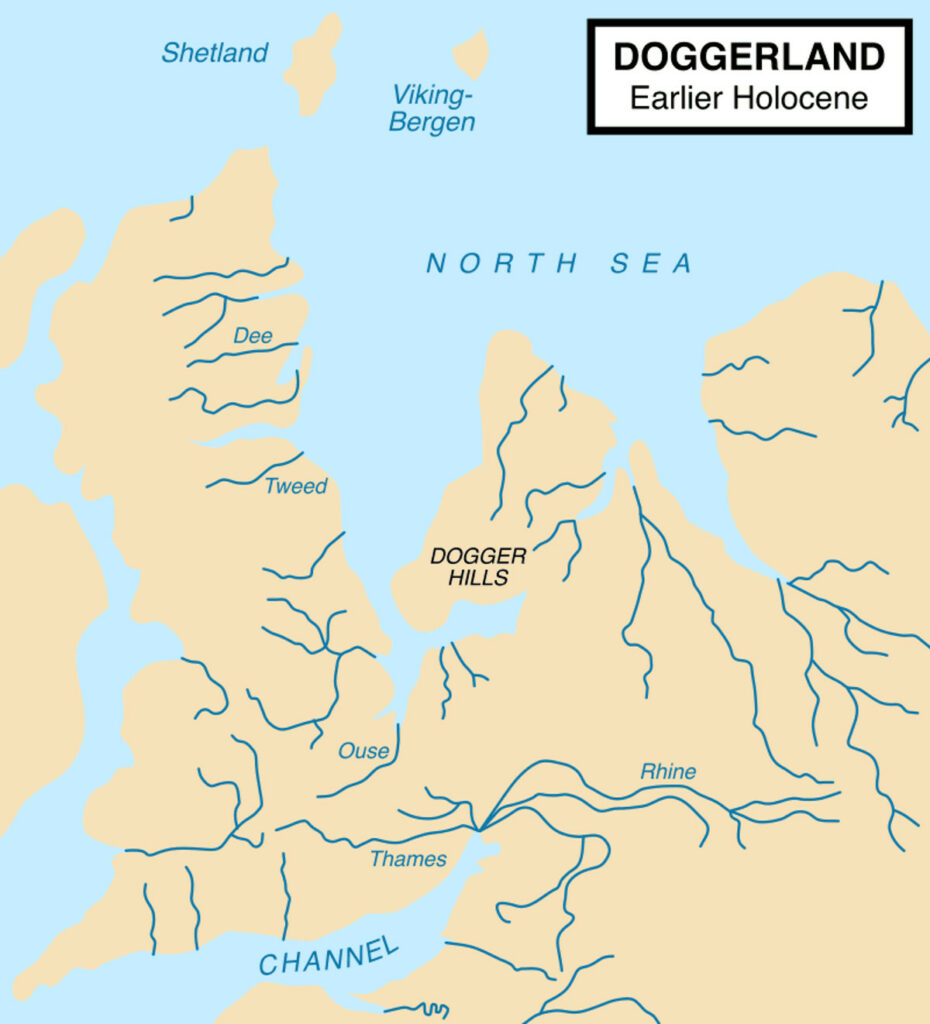
Despite the vast expanse of unexplored waters worldwide, technological advancements continue to reveal a wealth of evidence of early human activity, including traces of long-lost civilizations along coastlines. Initiatives like the University of Bradford’s project and many others highlight the promising future of marine archaeology, offering exciting opportunities to unravel the mysteries of our past and shed light on the lives of ancient civilizations that once thrived in now-submerged landscapes.
